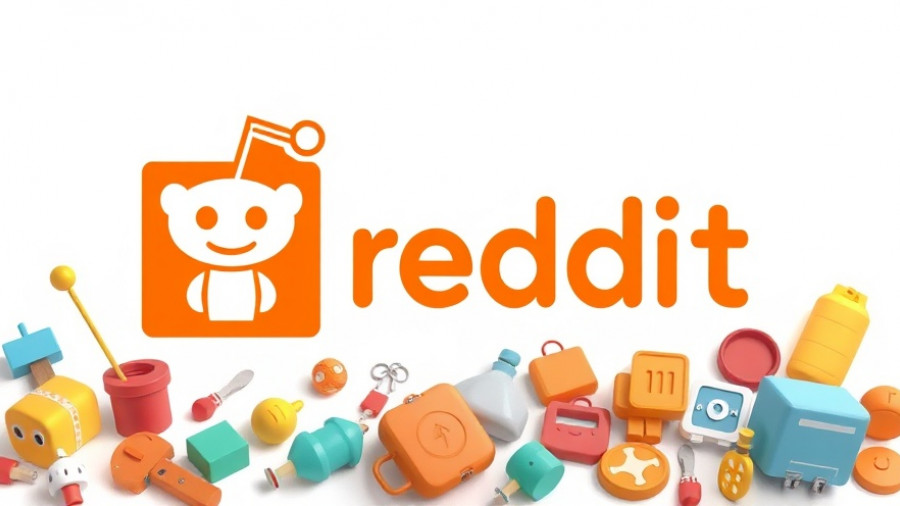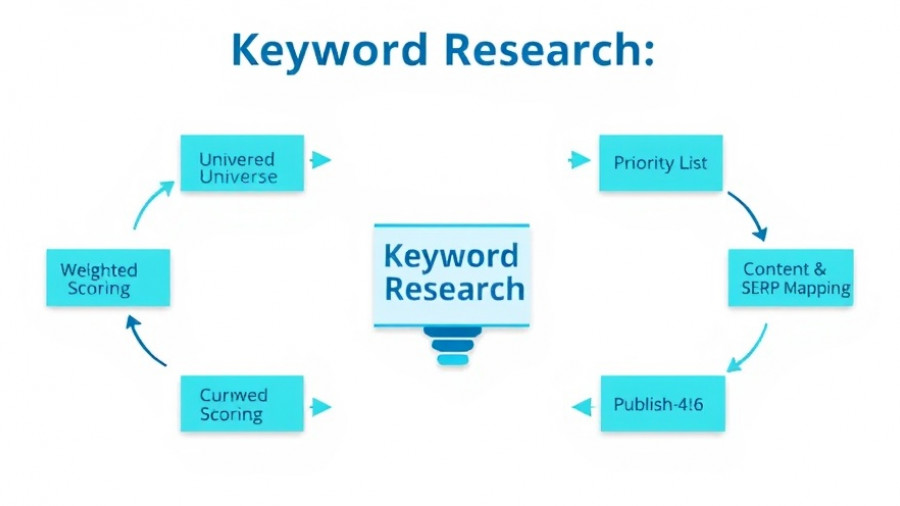
Black Hat SEO in 2025: Is It Alive and Well?
In the ever-evolving landscape of digital marketing, black hat SEO strategies often spark heated debates among experts and enthusiasts alike. As we look toward 2025, many are curious: are there still effective black hat tools being used in today’s SEO environment? This article aims to explore the state of black hat SEO, the techniques still in play, and their implications for marketers, business owners, and SEO professionals.
The Evolution of Black Hat Techniques
Black hat SEO encompasses a range of unethical practices intended to trick search engines into boosting rankings. While some tactics have faded into obscurity, others have adapted and evolved to exploit newer technologies, especially artificial intelligence and machine learning. For instance, traditional tactics such as keyword stuffing and exact match anchor text links might be less effective today but still find their place in specific niches.
Experts are reporting that, surprisingly, methods like keyword stuffing can still yield results in low-competition areas. Similarly, private blog networks (PBNs) remain a topic of discussion, though they come with increased risk due to search engines' enhanced detection capabilities. Many users suggest employing high-quality content generation tools alongside advanced link-building strategies to get the most out of these techniques.
The Role of AI in Black Hat SEO
One of the most significant shifts in black hat SEO strategies has been the incorporation of AI. Modern black hat tactics now leverage AI-powered content generation, making it easier to produce large volumes of seemingly high-quality content rapidly. This is not just about quantity; AI helps tailor content to various audiences while maintaining readability and grammatical accuracy.
However, with advancements come challenges. Search engines have also integrated AI to identify and penalize spammy practices more effectively. As such, black hat practitioners must continually adapt their methods to sidestep these detection mechanisms. From behavioral analysis that identifies whether a visitor is a bot or a human to sophisticated cloaking implementations, the game of cat-and-mouse is more complex than ever.
Automation Tools: A Double-Edged Sword
Automation has become a predominant feature of black hat SEO. Advanced tools like GSA SER or Xrumer facilitate large-scale link building and content generation. While they can significantly increase a website’s link profile, they also heighten the risk of penalties if mismanaged. Operations now involve systematic monitoring and adjustments to ensure that the links generated or the content created don’t trigger automated detection systems.
Individuals using these tools often discuss their effectiveness in niche markets, suggesting that while some black hat strategies may still be viable, reliance on automation should be paired with human oversight to ensure quality and compliance with SEO best practices.
The Dangers of Black Hat SEO
Despite the allure of quick wins associated with black hat SEO, the risks can be substantial. Businesses engaging in these practices face possible de-indexing, legal action, and long-term reputation damage. As Google and other search engines evolve, they become better equipped to identify and penalize websites employing unethical tactics.
Moreover, competition can employ negative SEO tactics against a website, complicating matters further. These attacks may include spammy backlinks, content scraping, or fake reviews designed to weaken a competitor's online presence. Effective protection requires a proactive strategy, including robust monitoring, ethical link-building practices, and quality content generation.
Strategies for Navigating the Black Hat Landscape
For those considering their stance on black hat SEO, a balanced approach might be the key. While understanding these outdated methods is valuable for recognizing potential competitive threats, the focus should ideally remain on ethical SEO practices that provide long-term gains without the associated risks.
Practitioners may find it more beneficial to learn and adapt from black hat techniques rather than apply them directly. For example, insights into behavioral patterns, content generation, and user interactions drawn from black hat discussions can inform better ethical approaches in digital marketing.
Conclusion: A Cautionary Tale
As we head toward 2025, the question of whether black hat SEO tools are still working cannot be answered with a simple “yes” or “no.” The truth lies in the complexity of the digital marketing landscape, where some techniques may still yield results, albeit with greater risk than ever before. Businesses and marketers need to stay informed, employ ethical strategies, and consider all angles when navigating this murky terrain to ensure sustainable success.
If you’re interested in remaining at the forefront of digital marketing trends, understanding both the light and dark sides of SEO is important. Subscribe to updates, attend workshops, and engage in community discussions to sharpen your skills and stay ahead of evolving SEO strategies.
 Add Row
Add Row  Add
Add 




Write A Comment